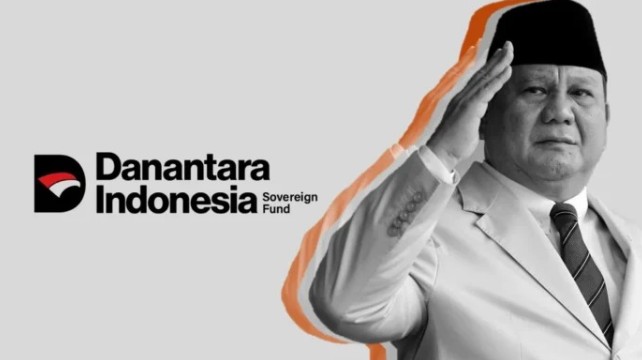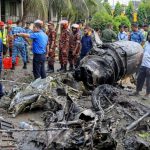Exclusive: Indonesia Inks $8 Billion Refinery Deal with US Giant KBR Amid Tariff Talks
Indonesia is set to sign a landmark $8 billion contract with American firm KBR Inc. to construct 17 modular oil refineries, in a move closely linked to its recent trade deal with the United States, insiders have revealed.
This high-stakes agreement is reportedly being spearheaded by Indonesia’s sovereign wealth fund, Danantara, and came to light during a private briefing earlier this week.
According to a confidential government presentation reviewed by Reuters, and later confirmed by two informed sources—the deal forms a key part of last week’s economic diplomacy breakthrough between Jakarta and Washington.
“Indonesia welcomes more U.S. business and investment to create jobs, technology transfer and to support national priority developments,” the presentation stated.
The timing is crucial. The contract surfaces just as Washington scaled back its proposed tariff rate on Indonesian goods—slashing it from 32% down to 19%. That cut came amid broader negotiations aimed at strengthening trade links and opening investment opportunities between the two nations.
Economic Affairs Minister Airlangga Hartarto, who led Indonesia’s delegation during the talks, hinted at the refinery plan during a closed-door meeting with local business elites. It’s now being seen as a major pillar in a wider strategy to re-energise Indonesia’s economy.
Danantara, also known as Daya Anagata Nusantara, manages a staggering $900 billion in assets. The fund is central to President Joko Widodo’s mission to ramp up economic growth from its current 5% to a bold 8%. The new KBR project could be just the ticket.
Neither Danantara nor KBR (formerly Kellogg Brown & Root) offered comment when approached.
While previous announcements focused on Indonesia’s pledge to ramp up purchases of US energy, agricultural goods, and aircraft, the refinery deal had not been made public until now. It adds a new dimension to what is shaping up to be a sprawling and strategic economic partnership.
But the refinery project isn’t the only eye-catching development. A separate $2 billion investment plan by Indonesian conglomerate Indorama is also in the pipeline. The group is exploring a blue ammonia facility in Louisiana, though the project hinges on US tax incentives.
Notably, Former President Donald Trump also revealed that Indonesia had agreed to purchase 50 Boeing aircraft as part of the trade pact. Aviation-related deals are reportedly valued at $14.4 billion in total.
Put together, all these potential deals—refineries, chemicals, aircraft, and more—could hit a combined value of $34 billion, according to the presentation. That figure signals Jakarta’s intent to become one of Washington’s most promising economic partners in the region.
Jakarta is banking on more than just cash. Officials believe the reduced tariff rate could nudge national GDP growth up by 0.5 percentage points—a significant boost for Southeast Asia’s largest economy.
Major American firms are already poised to benefit. Tech giants like Apple and General Electric were both listed in the presentation, thanks to loosened local content restrictions on IT and medical equipment.
Until recently, those rules had blocked Apple’s iPhone 16 from entering the market. That ban was lifted only after Apple committed over $300 million to meet local manufacturing standards.
For Indonesia, the message is clear: open the doors, play smart with policy, and invite serious US investment. This latest refinery deal could be just the beginning.






